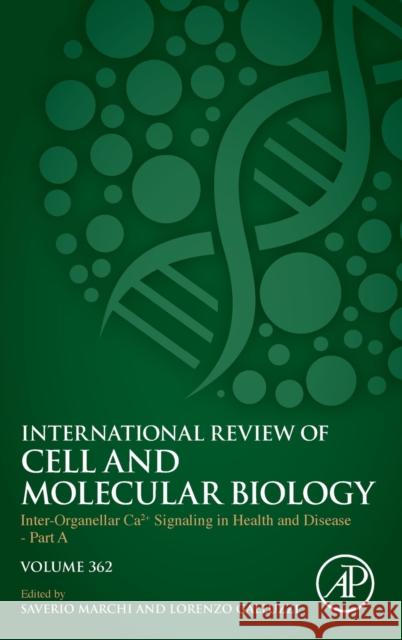Inter-Organellar Ca2+ Signaling in Health and Disease - Part a: Volume 362 » książka
topmenu
Inter-Organellar Ca2+ Signaling in Health and Disease - Part a: Volume 362
ISBN-13: 9780128240342 / Angielski / Twarda / 2021 / 308 str.
Kategorie:
Kategorie BISAC:
Wydawca:
Academic Press
Seria wydawnicza:
Język:
Angielski
ISBN-13:
9780128240342
Rok wydania:
2021
Numer serii:
000503910
Ilość stron:
308
Waga:
0.58 kg
Wymiary:
22.86 x 15.24 x 1.91
Oprawa:
Twarda
Wolumenów:
01











